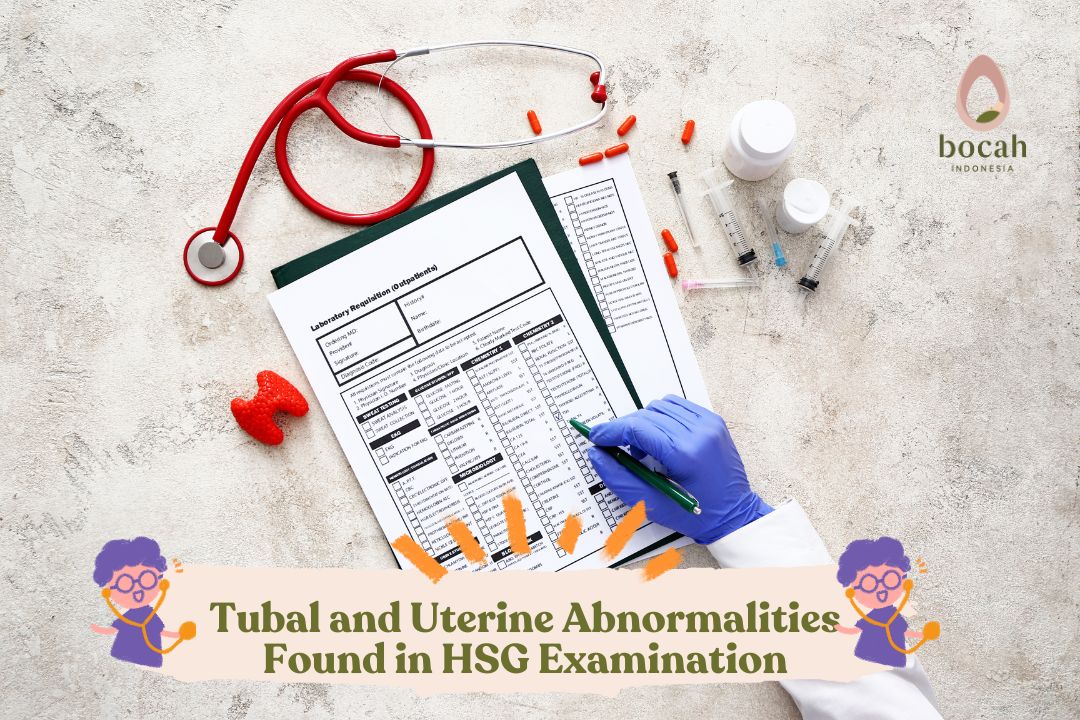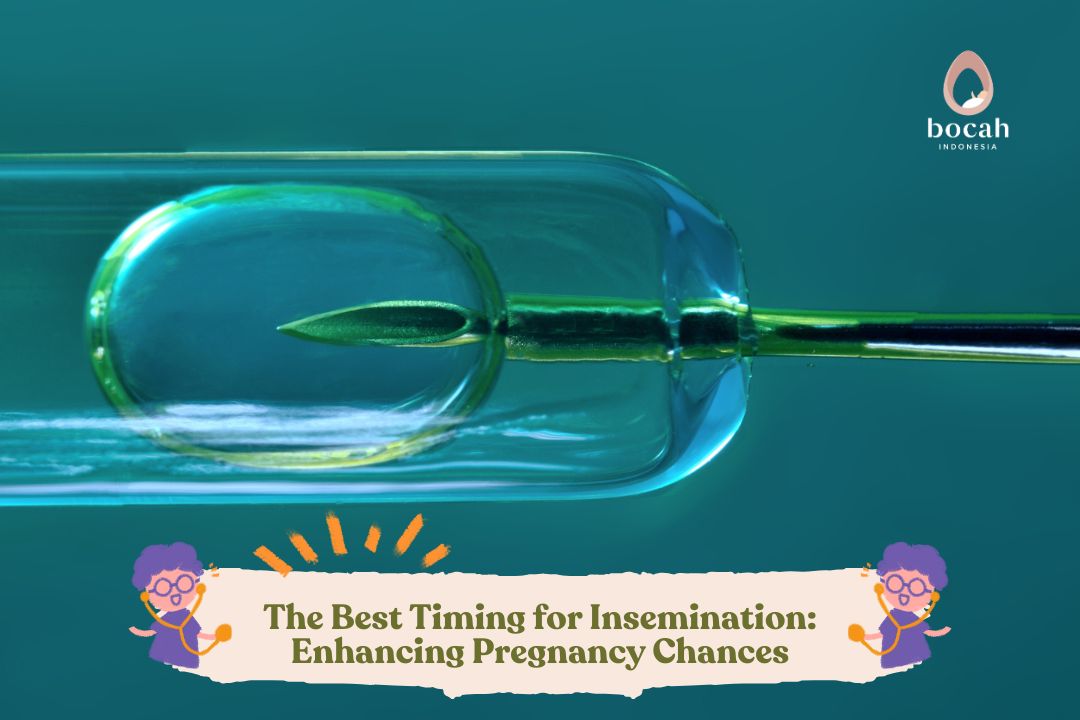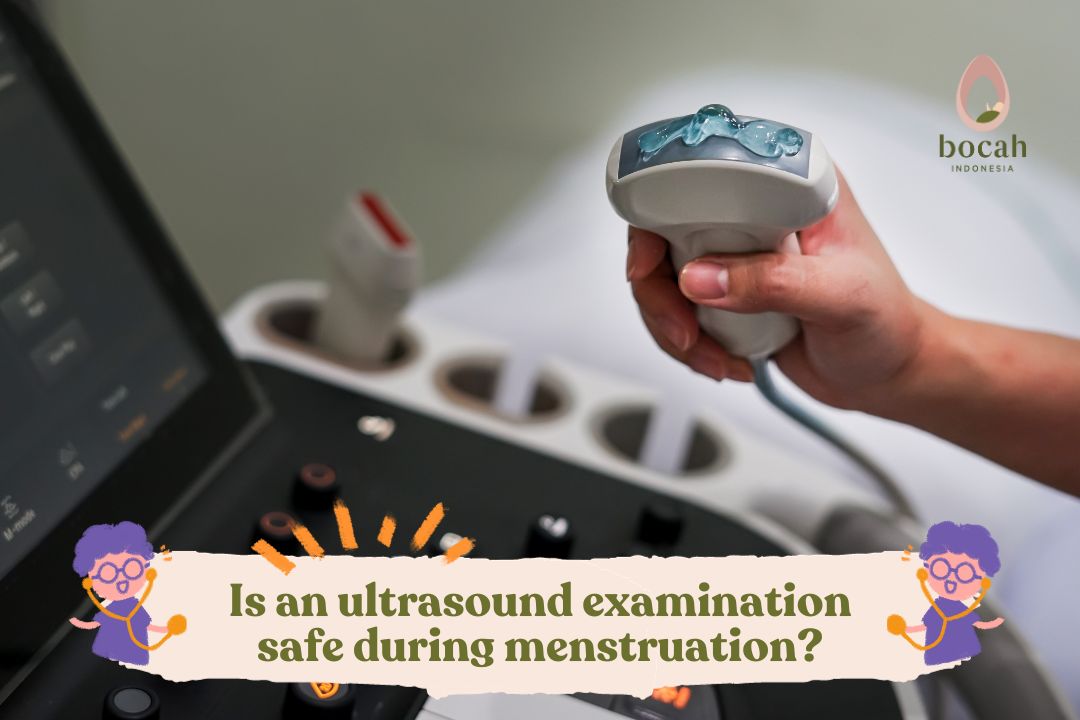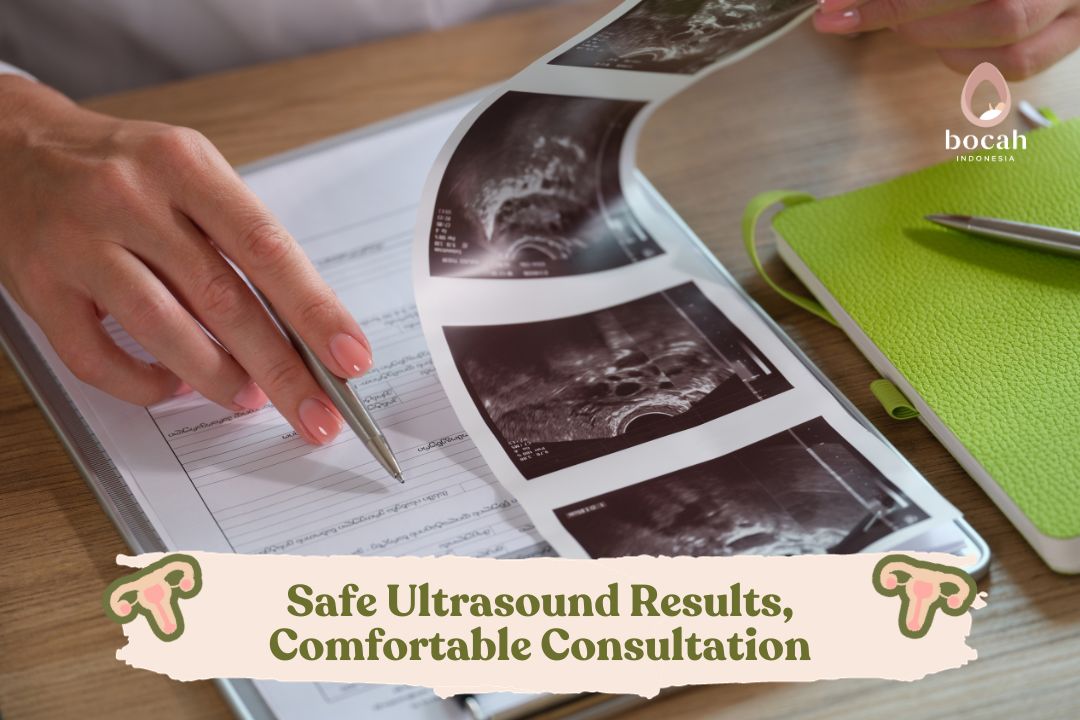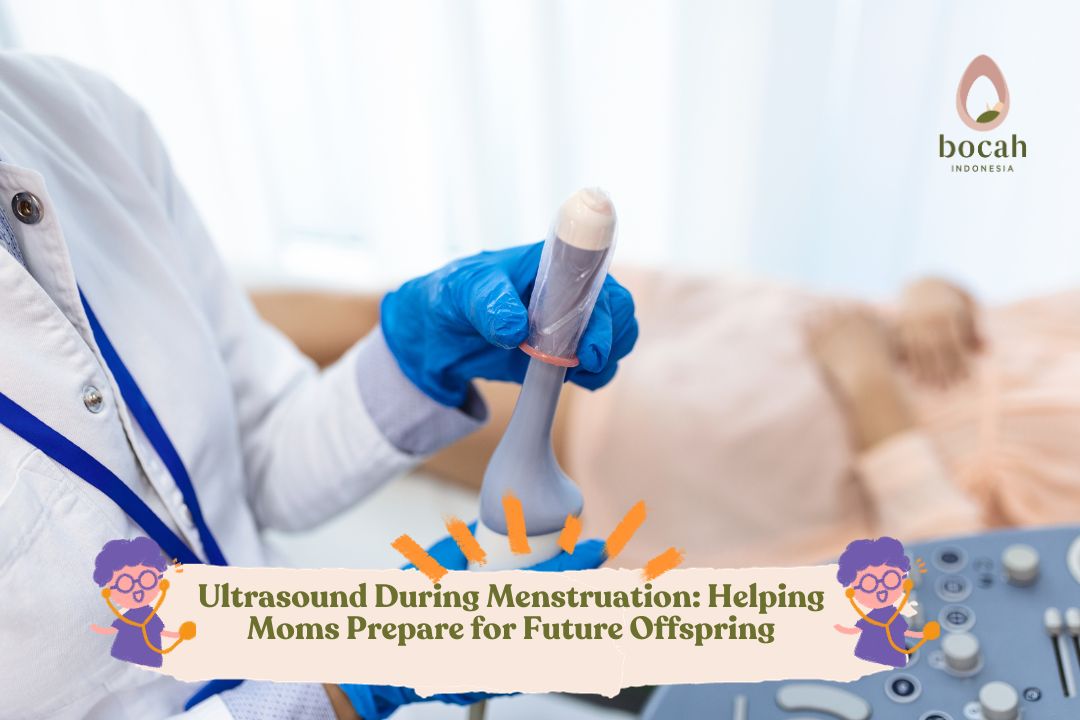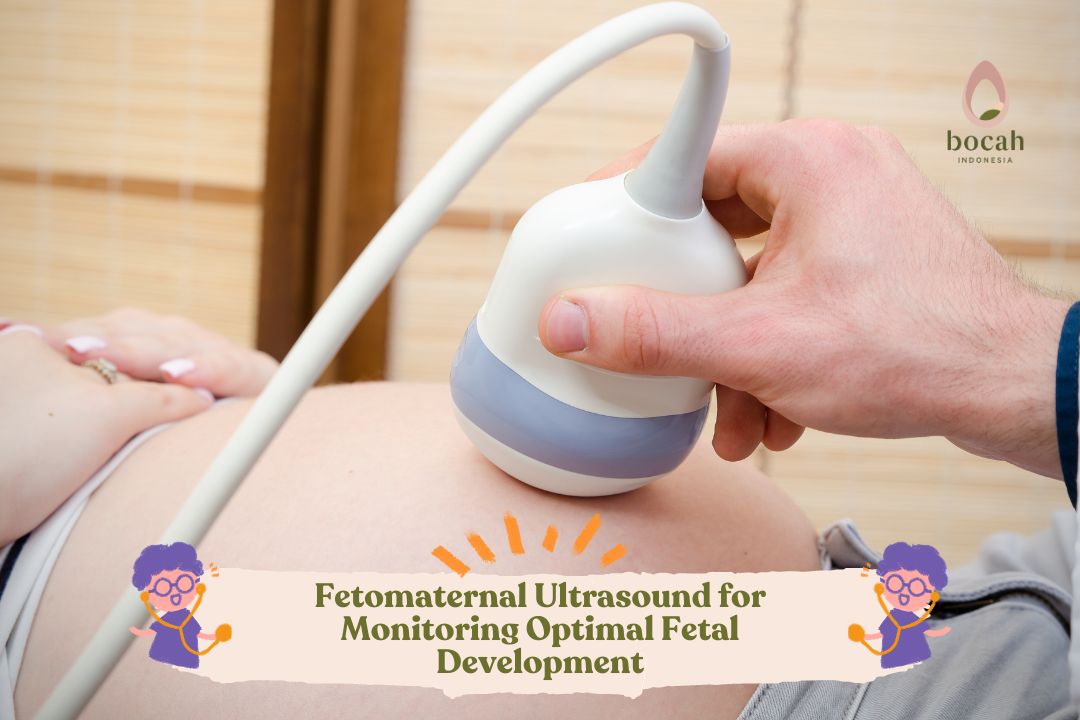Accurate Timing for Fertility Ultrasound Examination
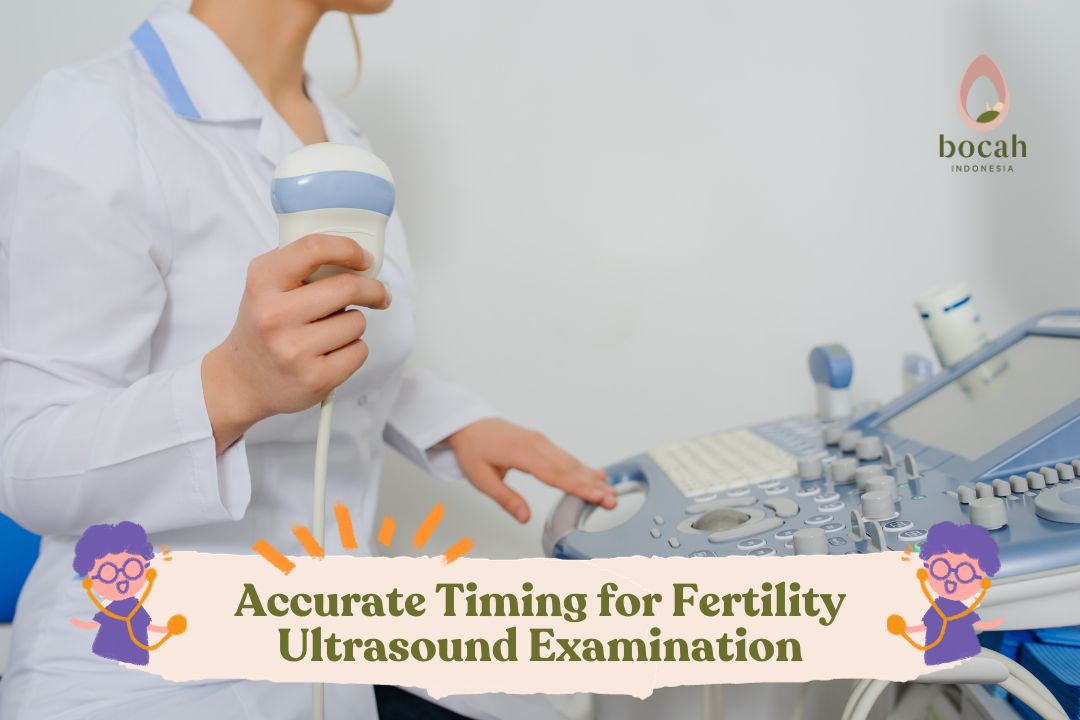
Having offspring is a desire for married couples. Find out when the right time for a fertility ultrasound examination is here.
For some couples, having children may require some effort. There are several factors that can make it difficult for couples to have children.
To determine the factors that may be preventing parents from having children, including fertility screening, an ultrasound examination can be performed. What is a fertility ultrasound? Find out through the following review.
The Purpose of Mother’s Fertility Ultrasound Examination
The purpose of performing an ultrasound examination (USG) on the uterus before pregnancy is to evaluate the overall reproductive organ health of the mother. The doctor will conduct the examination and determine the health condition of the uterus.
Through the ultrasound examination, the doctor can also identify and diagnose various diseases of the reproductive organs that may be obstacles in the pregnancy of parents.
Tanya Ferly tentang Promil?
Health problems such as swollen fallopian tubes, fibroids, organ adhesions, ovarian cysts, pelvic inflammation, and even cancer can be detected through a uterine ultrasound examination.
Ultrasound is also useful for evaluating the healthy egg count in the ovaries of the mother. In fact, too few healthy eggs can be a cause of difficulty in achieving pregnancy.
On the other hand, an excessive or undersized number of eggs can also affect fertility, and this is usually associated with Polycystic Ovary Syndrome (PCOS).
In addition, the ultrasound examination can provide information about the condition of a mother’s uterus and detect diseases early on.
When is the Right Time for Fertility Ultrasound?
The appropriate time to undergo a fertility ultrasound examination to determine the condition of the uterus before pregnancy can vary depending on clinical situations and patient needs. This examination is usually part of the fertility evaluation when couples are experiencing difficulty getting pregnant.
Most reproductive health specialists recommend this examination for couples who have not succeeded in getting pregnant after one year of trying, or six months if the mother is over 35 years old. In the early stages, doctors may perform various tests to evaluate reproductive health, including ultrasound.
However, it is important to note that a fertility ultrasound is usually part of a comprehensive series of fertility tests and evaluations. Doctors will consider the patient’s medical history, conduct interviews, and may perform additional tests to provide detailed information about fertility.
Consulting a doctor or reproductive health specialist is the best step to determine the most appropriate time for a fertility ultrasound examination based on the parents’ conditions and needs.
Factors Affecting Parental Fertility
There are many factors that may contribute to a mother’s difficulty in conceiving naturally. To determine the fertility issues experienced by parents, it can be known through fertility tests by a doctor. Here are some factors that may hinder a mother from getting pregnant quickly:
Irregular or absent menstruation
PCOS (Polycystic Ovary Syndrome) or
Endometriosis
Fallopian tube damage (or previous tubal ligation surgery)
Recurrent miscarriages
Early menopause
Genetic abnormalities
Pelvic inflammatory disease
Fibroids
Adenomyosis
Not only in mothers, but some factors that make it difficult to have children can also be caused by fathers. Here are factors that may cause infertility in men:
Low sperm count
Poor sperm shape or movement
Ejaculation or erection problems
Genetic abnormalities
Issues from previous vasectomy
Types of Fertility Tests
The first step for both parents in fertility testing is to review general health and medical history. With this information, the doctor will determine which tests or procedures are needed to understand the fertility problems experienced.
Here are some fertility tests for mothers that may be recommended by the doctor:
Blood tests can be used to measure hormone levels in the mother that may cause infertility. Several blood tests may be required throughout the fertility testing process.
Cervical examination tests
Genetic carrier screening
Pelvic and uterine ultrasound
As for fathers, the doctor may order the following tests:
Blood tests – some blood tests may be used to assess hormone levels and check for sexually transmitted infections, including HIV, Hep C, and Hep B.
Genetic carrier screening
Sperm analysis to check for antibodies and infections that may be present, as well as aspects of abnormal sperm, such as low sperm count or poor sperm movement or shape.
Well, that was a complete explanation of fertility ultrasound examination. If you are looking for more information about pregnancy programs or IVF programs, read about it on Bocah Indonesia.
This article has been medically reviewed by Dr. Chitra Fatimah.
Source:
- Kondagari, Laveena. Kahn, Jenna. Singh, Manvinder. StatPearls. (2023). Sonography Gynecology Infertility Assessment, Protocols, and Interpretation
- Harris, Nicole. Parents. (2019). 11 Questions to Ask Your Doctor If You Want To get Pregnant Soon
- Hoffman, Matthew. WebMD. (2023). Fertility Tests for Women
- Gurevich, Rachel. Very Well. (2019). Ultrasound Scans for Fertility Testing and Treatment


